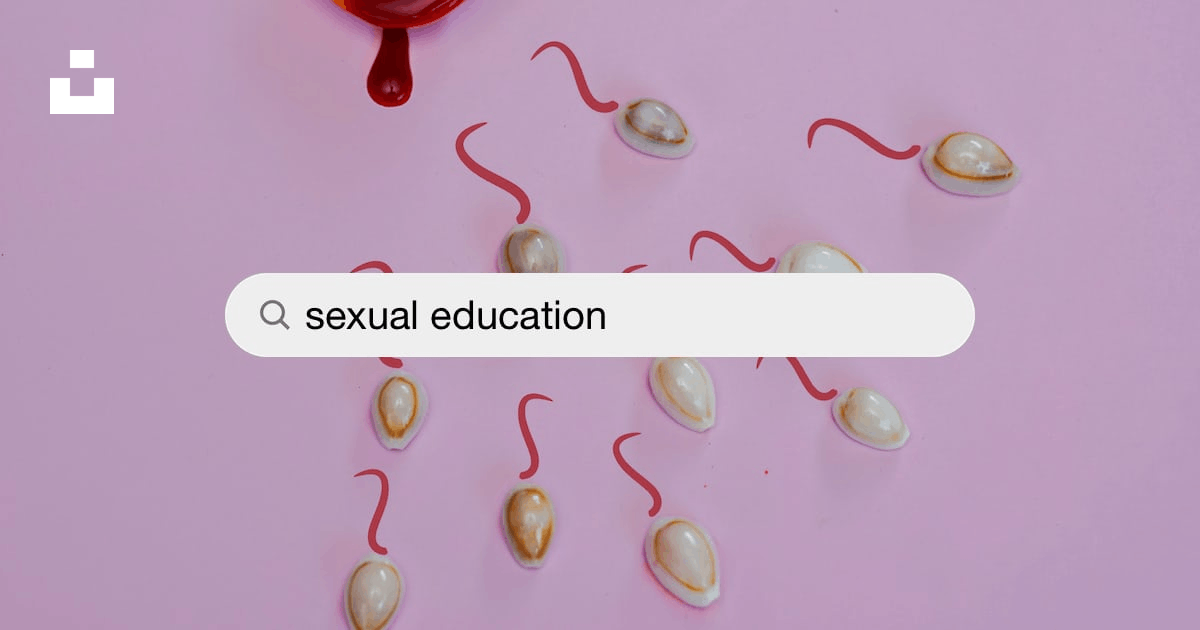Sex Education For Secondary and Tertiary Students

Sex education plays a crucial role in the lives of secondary and tertiary students, providing them with the knowledge, skills, and understanding necessary to make informed decisions about their sexual health and relationships. It equips them with the tools they need to navigate the complexities of sexuality, consent, reproductive rights, and healthy relationships. In this article, we will explore the importance of comprehensive sex education and its impact on young people’s lives.
Understanding Comprehensive Sex Education
Comprehensive sex education goes beyond the traditional approach of simply promoting abstinence and covers a wide range of topics related to human sexuality. It encompasses areas such as anatomy, consent, healthy sexual development, sexual orientation, gender identity, contraception, sexually transmitted infections (STIs), and reproductive rights and responsibilities. It aims to provide accurate, inclusive, and age-appropriate information to students, empowering them to make informed decisions about their sexual health.
Comprehensive sex education programs typically utilize evidence-based, medically accurate curricula that can be adapted for different age groups and learning needs. They focus on key topics such as human development, relationships, personal skills, sexual behavior, sexual health, and society and culture. By addressing these topics, comprehensive sex education helps students develop a holistic understanding of human sexuality and promotes healthy attitudes and behaviors.
The Benefits of Comprehensive Sex Education
Empowering Decision-Making
Comprehensive sex education empowers students to make informed decisions about their sexual health. By providing them with accurate information about contraception, STIs, and reproductive rights, it equips them with the knowledge and skills needed to protect themselves and make choices that align with their values and beliefs. This education encourages critical thinking and helps students develop the ability to analyze risks and benefits associated with sexual behavior.
Promoting Healthy Relationships
One of the key components of comprehensive sex education is teaching students about healthy relationships. It emphasizes the importance of communication, consent, and respect in intimate partnerships. By discussing topics such as effective communication, boundary-setting, and negotiation skills, students learn how to establish and maintain healthy relationships built on trust and mutual understanding.
Addressing Gender and Sexual Diversity
Comprehensive sex education recognizes and respects the diversity of sexual orientations and gender identities. It provides inclusive and non-discriminatory information, ensuring that all students feel represented and supported. By promoting understanding and acceptance of diverse identities, comprehensive sex education fosters an inclusive and safe environment for students.
Reducing STI Transmission and Unplanned Pregnancies
Comprehensive sex education plays a crucial role in reducing the transmission of STIs and preventing unplanned pregnancies. By teaching students about contraception methods, safe sex practices, and the importance of regular STI testing, comprehensive sex education empowers them to protect their sexual health. It also addresses the myths and misconceptions surrounding contraception, helping students make informed choices.
Preventing Sexual Violence and Abuse
Sexual education programs that incorporate discussions on consent, boundaries, and healthy relationships can help prevent sexual violence and abuse. By teaching students about the importance of consent, recognizing signs of abuse, and understanding their rights, comprehensive sex education equips them with the tools to identify and address situations of sexual violence or exploitation.
Bridging the Gap in Parental Education
Comprehensive sex in education serves as a valuable supplement to parental education. While parents play a critical role in providing sex education, not all parents have the knowledge or comfort to discuss these topics with their children. Comprehensive sexual education ensures that all students receive accurate and age-appropriate information, regardless of their parents’ ability to provide it.
Supporting Mental and Emotional Well-being
Sexuality is intricately linked to mental and emotional well-being. Comprehensive sex education addresses the emotional aspects of sexuality, such as body image, self-esteem, and healthy coping strategies. By promoting positive body image and self-acceptance, comprehensive sex education supports students’ overall mental and emotional well-being.
Implementing Comprehensive Sex Education
Comprehensive education of sex can be implemented in various settings, including schools, healthcare facilities, community organizations, and online platforms. Schools play a vital role in providing comprehensive educational sex as part of their curriculum. They can follow guidelines provided by organizations like the Future of Sex in Education Initiative (FoSE) or the Sexuality Information and Education Council of the U.S. (SIECUS) to ensure the effective implementation of comprehensive sex education programs.
Collaboration between schools, parents, healthcare providers, and community organizations is essential for the successful implementation of comprehensive sex education. By working together, these stakeholders can create a supportive and inclusive environment that promotes open dialogue and addresses the diverse needs of students.
Comprehensive sex education (CSE) is a holistic approach to teaching about sexuality and reproductive health. It covers a wide range of topics, including.
Human anatomy and physiology, Sexual development, Sexual relationships and intimacy, Contraception and STI prevention, Gender identity and sexual orientation, Sexual rights and responsibilities. CSE is important for all young people, but it is especially important for secondary and tertiary students. This is because this is a time when many young people are beginning to explore their sexuality and becoming more sexually active. CSE can help them to make informed decisions about their sexual health and well-being.
Benefits of CSE for secondary and tertiary students
Research has shown that CSE has a number of benefits for secondary and tertiary students, including: Delayed sexual initiation: CSE can help young people to delay sexual initiation until they are ready. This is important because younger teens are more likely to have unprotected sex and to experience negative sexual health outcomes, such as STIs and unplanned pregnancy. Increased condom use: CSE can help young people to increase their use of condoms and other forms of contraception when they are sexually active. This is important for preventing STIs and unplanned pregnancy.
Reduced STI rates: CSE has been shown to reduce STI rates among young people. This is because CSE teaches young people about how to prevent STIs and how to recognize and get treatment for STIs if they do contract one. Reduced unplanned pregnancy rates: CSE has been shown to reduce unplanned pregnancy rates among young people. This is because CSE teaches young people about contraception and how to use contraception effectively. Improved knowledge and attitudes about sexuality: CSE can help young people to develop a more positive and informed understanding of sexuality. This can lead to healthier sexual relationships and better sexual health outcomes.
In addition to these benefits, CSE can also help young people to develop important life skills, such as communication, decision-making, and conflict resolution. These skills can help them to have healthier relationships and to make better choices about their sexual health and well-being.
CSE is an essential part of a healthy education for all young people. It provides them with the knowledge and skills they need to make informed decisions about their sexual health and well-being. CSE can also help young people to develop important life skills that will benefit them in all areas of their lives. It is important to note that CSE should be comprehensive, evidence-based, and culturally sensitive. It should also be inclusive of all young people, regardless of their gender identity, sexual orientation, or other factors
Conclusion
Comprehensive sexual education is a critical component of secondary and tertiary education. It equips students with the knowledge, skills, and understanding necessary to make informed decisions about their sexual health and relationships. By addressing a wide range of topics related to human sexuality, comprehensive sexual education promotes healthy attitudes, behaviors, and relationships. It empowers students to navigate the complexities of sexual health, consent, and reproductive rights, ensuring their overall well-being and enabling them to make choices that align with their values and beliefs. Through collaborative efforts, comprehensive sexual education can be implemented effectively, creating a supportive and inclusive environment for all students.

2 thoughts on “The Importance of Sex Education For Secondary and Tertiary Students”